The incident occurred in a hotel in Shanghai! Four people passed out in the middle of the hot pot, and the woman decided that there was something wrong with the private room.
In the midsummer, Ms. Mao, in her forties, had dinner with three male colleagues born in the 1990s.
Unexpectedly, eating and eating, four people are sleepy. Ms. Mao was dizzy, so she wanted to go out for some air, but when she went down the stairs, she fell with one foot empty and woke up at 120.
So, in the private room where Ms. Mao eats,
What the hell happened?
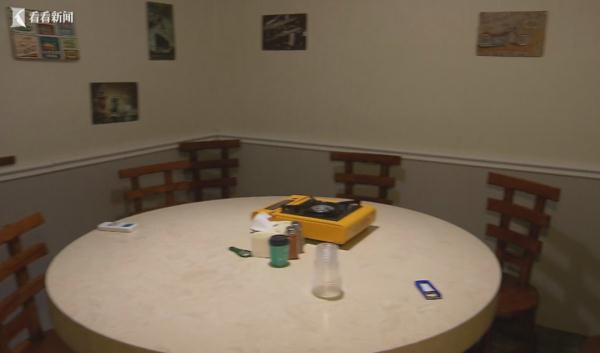
The dining room for four is on the second floor, which is a private room. Ms. Mao recalled that she didn’t drink at that time, but she was dizzy. When I went out for air, my body didn’t listen to me, and I rolled down the stairs. After being helped by my colleagues, I passed out outside the door.
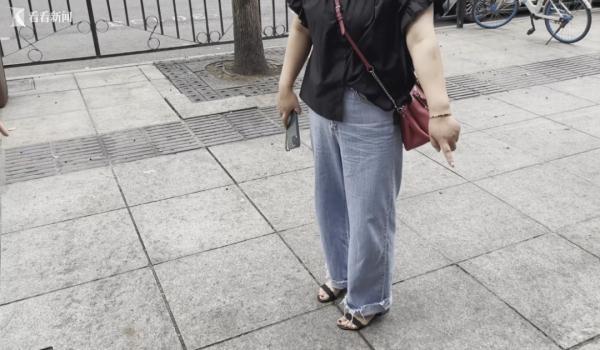
Ms. Mao compared us with the exact location of falling to the ground. She said that she was in a coma for about ten minutes and was awakened by her companions. And several other male colleagues also have different degrees of vomiting. Mr. Liang, the owner of the restaurant, said that their symptoms were closely related to drunkenness. Ms. Mao denied Mr. Liang’s drunken statement. She said that they ordered a small amount of beer that day, and they didn’t drink themselves. I think there is something wrong with the private room for dinner.
On the day of the incident, four people gathered for dinner were sent to the hospital by 120, and three young men recovered quickly. However, Ms. Mao failed to recover. After five days, she still felt unwell and was hospitalized again. After that, she appealed to the court to file a claim with the hotel owner Liang.
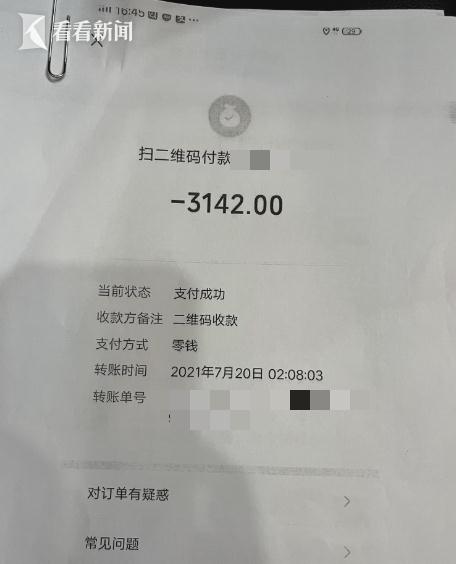
In fact, on that day, Mr. Liang had paid the total expenses for the four people’s treatment. In this lawsuit, the plaintiff Ms. Mao advocated a series of expenses for her re-hospitalization. In addition to the cost of a lawyer, Ms. Mao asked the hotel owner to pay a total of 19,000 yuan. However, Mr. Liang did not buy it, saying that the plaintiff’s losses could not be completely counted on them.
The question is, if the four people were drunk and caused losses, why did the boss, Mr. Liang, pay all the expenses for their first treatment? Judging from this statement of the day, four people ordered sheep scorpion hot pot, Jiangtuan grilled fish, drinks and a barrel of beer. So, what happened at dinner?
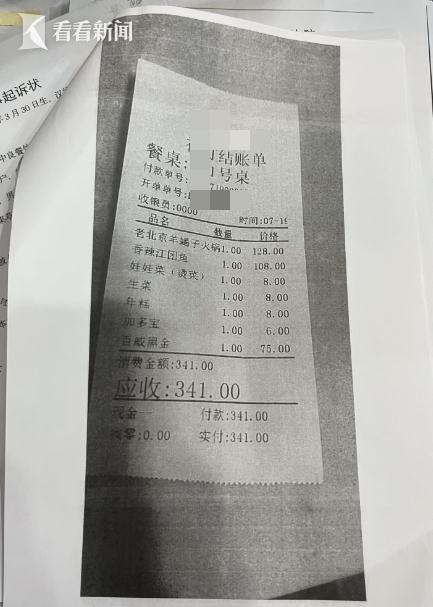
The reporter went upstairs to the small private room where Ms. Mao had dinner. The room was less than 10 square meters. Mr. Liang said that the two dishes that needed constant heating were cooked with a small gas stove and were placed on the dining table. However, Ms. Mao insisted that after the incident, the boss made a big renovation of the dining table. The table top originally had a round part embedded, and there was a small liquefied jar burning under the table.
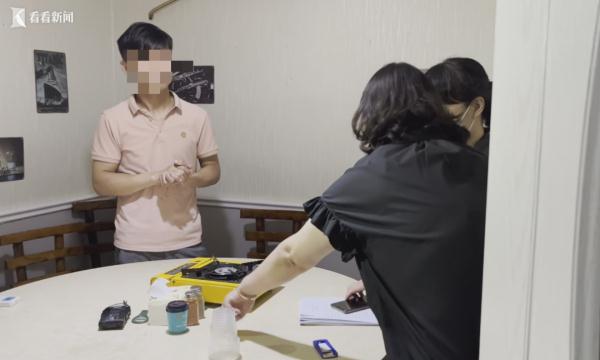
In order to prove his story.
Ms. Mao dialed a dinner colleague.
Mr. Yu’s phone
Mr. Yu said, "Because we ordered a grilled fish, the grilled fish is charcoal. Because I saw that the grilled fish in their house was roasted with charcoal fire, it was more distinctive, so I chose their house. "
"So there was a liquefied gas tank and a charcoal fire at the scene, right? Both at the same time? "
"That’s right."
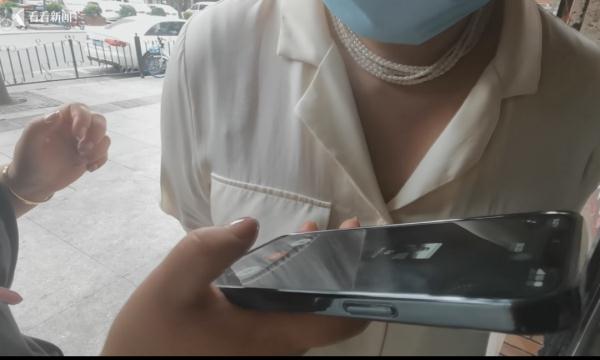
According to common sense, carbon-containing substances will consume oxygen when ignited, and at the same time produce carbon dioxide and a very small amount of carbon monoxide, which is generally harmless to the human body. However, if the air circulation in the private room is not smooth and the surrounding oxygen is insufficient, it will cause incomplete combustion, and the proportion of carbon monoxide produced will increase, while the carbon monoxide with higher concentration will be inhaled by the human body, which will lead to organ damage. Ms. Mao and her colleagues were diagnosed with carbon monoxide poisoning by the hospital.
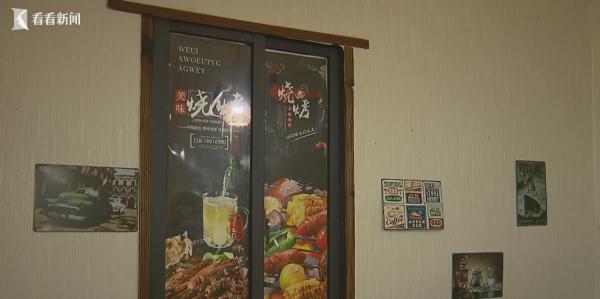
Now that carbon monoxide poisoning has been confirmed, the focus of the contradiction between the two sides lies in whether enough oxygen is provided in this small private room of the hotel, that is, whether the ventilation conditions are enough. The second point is whether necessary safety reminders have been given to the guests.
Judging from the scene environment, Ms. Mao’s small private room has only one window, and it is open in the corridor. If the lights are not turned on during the day, it is almost a dark room.
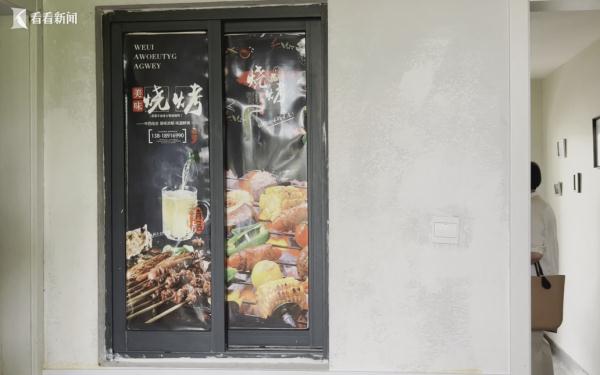
Mr. Liang said that when serving, the waiter reminded Ms. Mao to open the door and open the window to keep it ventilated, while the plaintiff, Ms. Mao, closed the doors and windows herself in order to keep the air conditioner low. Ms. Mao denied such a statement. She said that the waiter never reminded me of safety precautions, and there was no sign in the private room reminding me of ventilation.
So, is boss Liang’s private room poorly ventilated? As an adult, does Ms. Mao have her own responsibilities?
Mr. Ma, the guest on that day.
Now appears in court as a witness.
The plaintiff entrusted the agent: "Did the plaintiff drink alcohol that day?"
Mr. Ma: "The plaintiff didn’t drink alcohol that day because she was driving."
The plaintiff entrusted the agent: "Then what was the reason for your diagnosis when you went to the hospital?" Mr. Ma: "At that time, the result of our blood test was carbon monoxide poisoning." The plaintiff entrusted the agent: "So you think the defendant gave you money because you were poisoned by carbon monoxide in his shop?"
Mr. Ma: "That’s for sure. If it’s not his responsibility, why should he pay compensation?"
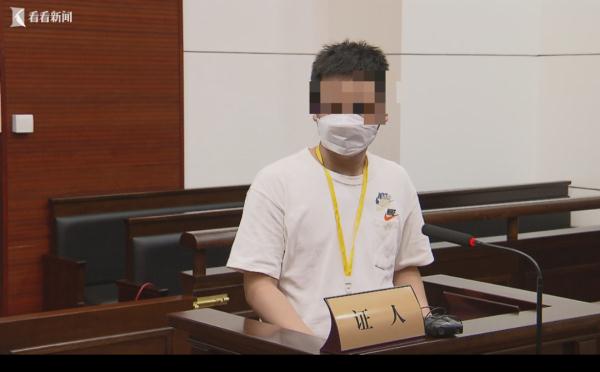
The defendant entrusted the agent: "There are windows near the stairs, but you are not sure whether to open them now?"
Mr. Ma: "I remember it very clearly. It only opened a little seam, because it was next to the stairs and it was dusty, so its window was always closed without guests."
The defendant entrusted the agent: "So you didn’t remember when the waiter reminded you?"
Mr. Ma: "I remember clearly that the waiter didn’t remind us to open the window. He just reminded us that because the room was small, they wanted to serve food, and then asked us to leave the door open for him."
The defendant entrusted the agent: "Does the waiter remind you to open the door?"
Mr. Ma: "He said don’t block the door. He asked us to sit people in that room a little bit and don’t block him from serving."
As the waiter of that day had left his post, Mr. Ma’s testimony alone could not fully confirm the different facts that both sides needed to prove. But one thing is certain: on July 19th, 2021, all four people were sent to Fengxian District Central Hospital for treatment because of carbon monoxide poisoning. Mr. Liang also paid the medical expenses in time, but what made him extremely unhappy was that five days later, Ms. Mao suddenly came to the door to ask for treatment fees. According to Mr. Liang, this time it was a lion’s mouth. Because Ms. Mao asked him to claim 30 thousand yuan.
What Ms. Mao asked for was the cost of her second hospitalization, but the defendant thought that the plaintiff’s second hospitalization was unnecessary at all, and there was no direct causal relationship with the hot pot banquet on July 19. Therefore, the defendant is unwilling to pay.
However, the judicial appraisal opinion made it clear that the condition of Ms. Mao’s second treatment had a direct causal relationship with the carbon monoxide poisoning caused by the dinner that day.
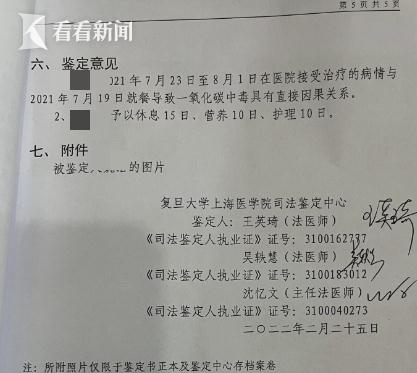
Despite this, the defendant still believes that Ms. Mao maliciously expanded the loss because she refused infusion when she was treated again.
The plaintiff, Ms. Mao, said: "In fact, I either refused treatment, or I was allergic to water, and I would send things. Then I also had photos and showed them to the doctor. The doctor said that I didn’t hang them up later."
The plaintiff entrusted the agent: "After being confirmed by the doctor, she didn’t continue to hang up the water."
Judge: "Do you want to submit additional evidence?"
The plaintiff entrusts an agent: "Then add it."
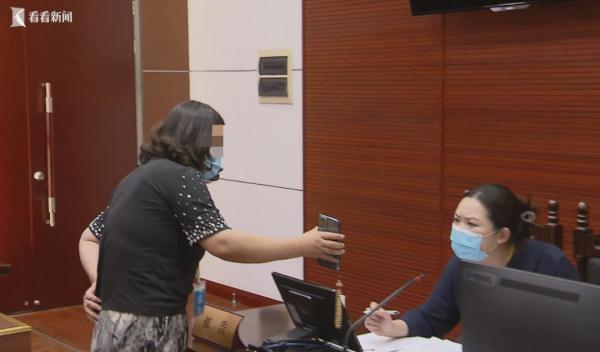
After hearing the case, the court held that the defendant had no solid evidence, so the inference that the plaintiff had an act of expanding losses was not established. The defendant, as the operator of the hotel, should be obligated to protect the personal and property safety of the diners and should be liable for compensation.
As an adult, the plaintiff, knowing that there is the possibility of carbon monoxide poisoning when burning with charcoal fire, still failed to open the doors and windows for dinner, which is a certain fault and should also bear certain responsibilities for his own losses.
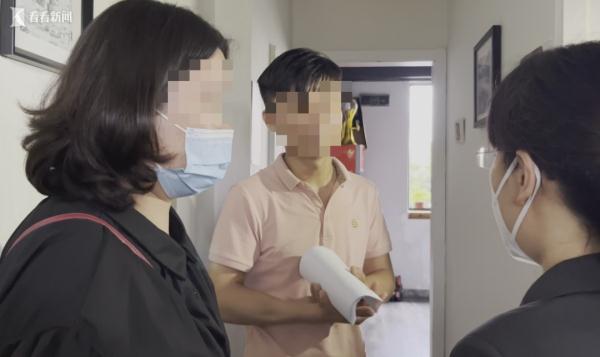
After the trial, the judge actively organized mediation between the two parties.
Finally, the two sides reached a mediation agreement under the auspices of the court.
The defendant compensated Ms. Mao for medical expenses, hospital food subsidies, nursing expenses, nutrition expenses, lost time, transportation expenses, appraisal fees, attorney fees and other losses of 16,000 yuan.
For restaurants, especially hot pot barbecue shops, managers have the obligation to take the initiative to remind consumers to pay attention to safety, post relevant warning information in the business premises, and do a good job in staff training and on-site ventilation.
When people eat, they should also pay attention to the hidden dangers in the dining environment and inform the store to take effective measures in time.
This article is synthesized from: look at the news, case focus, etc.
Author: Wang Xue Tang Xiaomeng Ding Jiawei
[Editor: Li Dingding]